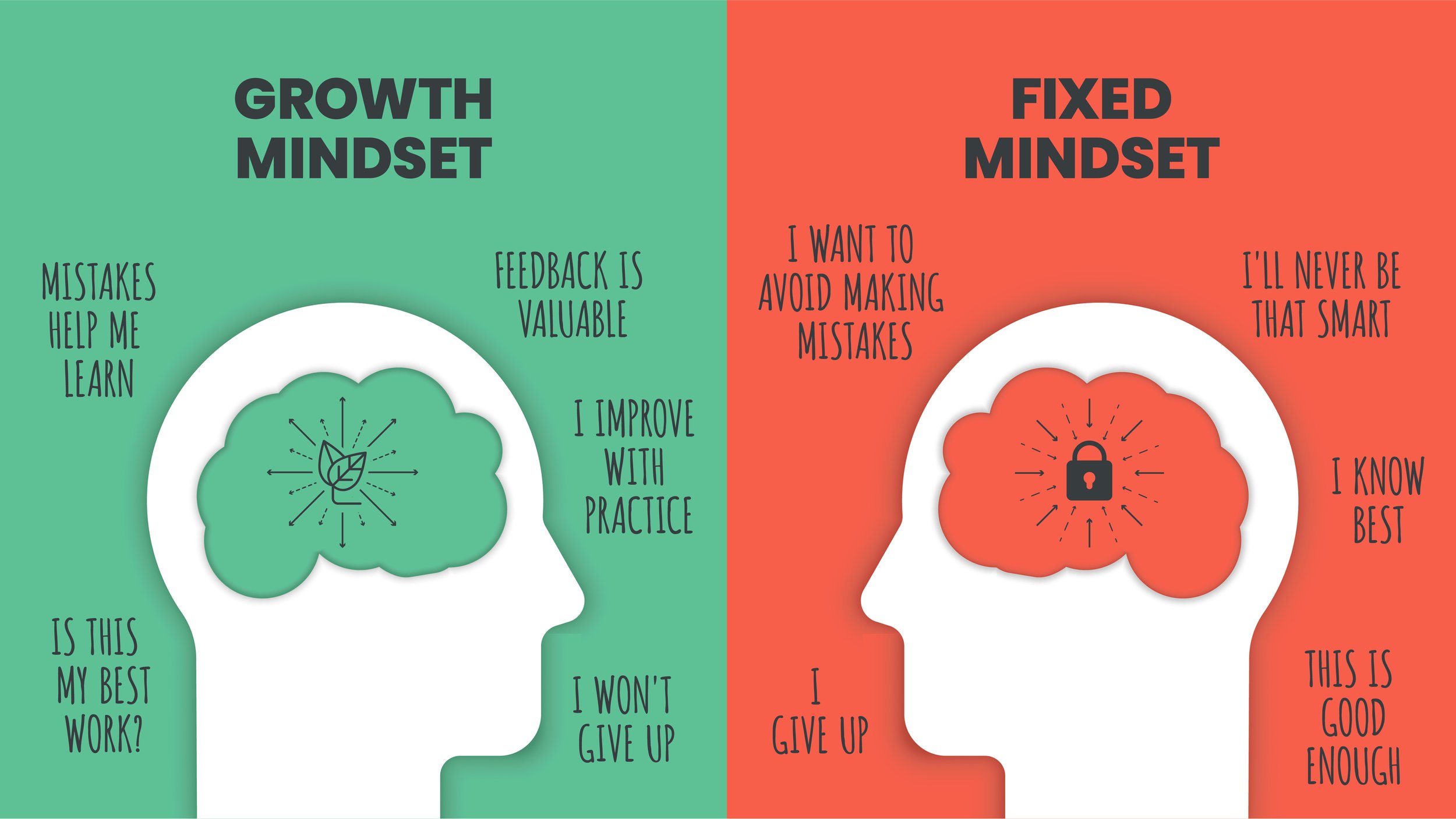Mental Mobility Blog
How the Best Reset
Mistakes happen. Confidence dips. Focus slips. What separates elite athletes isn’t perfection—it’s their ability to reset. This post breaks down three key reset moments every athlete needs: in the moment, between games, and between seasons.
The Athlete's Guide to Building a Solid Mental Game Plan
Physical game plans are no longer sufficient for athletes to excel in their careers. A successful athlete is one who can tackle both physical as well as the mental challenges that are inevitable in sports. Just as you have a plan to attack your opponent or the task physically or strategically, you must also have a mental game plan that is as good as your physical game plan. In this blog post, we offer tips on how to create a robust mental game plan that will help you tackle mental obstacles with ease.
The 10 Essentials: Essential #9
The ninth Essential is learning to Maintain a Growth Mindset. A growth mindset is one of two mindsets coined by Dr. Carol Dweck (the other is a fixed mindset). These mindsets describe ways that people view the qualities that we possess, the failures that we experience, and the role of effort. Adding in one three-letter word helps you shift from a fixed mindset to a growth mindset.
The 10 Essentials: Essential #4
The fourth Essential is learning to Control Mental Talk. What you say to yourself matters. Your internal dialogue can absolutely make or break your athletic performance. In fact, it has more impact on your performance in a single competition moment than anything else.
The Myth of Fearlessness
Be fearless. Suck it up. No pain, no gain. Just do it.
It’s always presented as the gold standard, the thing that you are supposed to aim for and become. The best of the best athletes are fearless. They can enter into a competition and stare it down.
I’ll let you in on a little secret. The importance of being fearless is a LIE. Fearlessness occurs only when you have zero things to fear. And any time you enter into the competition area, you run the risk of losing. The fact that there is a risk means that fear will also exist. There is uncertainty in sport which turns into doubt and fear. You can’t be certain that you will get a hit, make that field goal, or win the game. It’s this uncertainty and the chance to have success in the face of the risk, that makes us love sports.
Quieting the Mental Chatter
Sports have traditions. Chatter from the other team and from fans is one of them. But the reality is that this “chatter” that happens outside of the athlete rarely has much impact on their performance. Instead, it is the internal chatter, the thoughts that swirl around in an athlete’s head that lead to their downfall.
The internal chatter is one of the most common battles that I help athletes face. While the opposing team may have stopped all of the noise, that noise never ceases within the athlete’s mind. This internal chatter is a nuisance. It’s distracting, unhelpful, and takes up WAY too much room in your mind. Ready to break free and make that internal chatter fade away?







